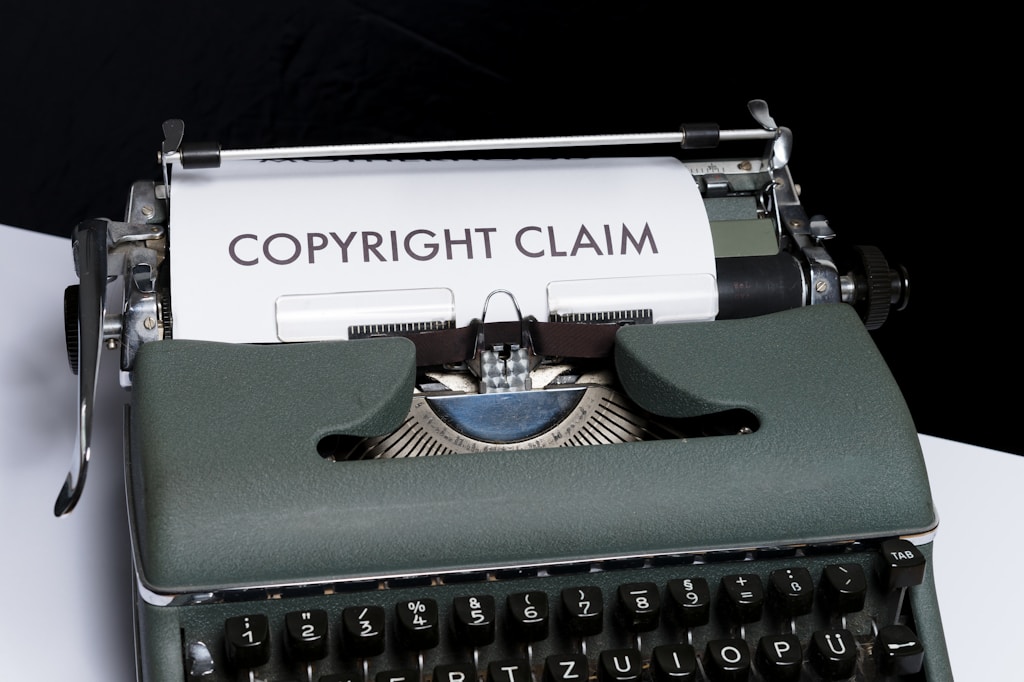While there is no clear answer as to who owns the copyright to artificial intelligence (AI) generated articles, depending on the context and the actors involved, different view-points and arguments can be put forward. Indeed, one could argue that AI related rights may become the next legal frontier.

What is AI generated content?
AI-generated content is material created by AI based computer systems using large language models (LLMs) trained on massive data sets from the web, books, and other sources.
Within minutes, one can create texts on different topics, genres and styles, sometimes with impressive quality and creativity. However, AI-generated content also raises legal and ethical issues related to content ownership and attribution. There may be concerns about plagiarism and counterfeiting as AI models use original content generated by third parties to construct their responses. This may result in an infringement of the original authors’ intellectual property rights.
So who owns the rights to AI generated works?
While there is no clear answer as to who owns the copyright to AI-generated articles, depending on the context and the actors involved, different view-points and arguments can be put forward.
These include:
- AI itself as the creator: Some argue that the AI itself should be considered the creator of the work. In this case, the AI’s owner would have the copyright. This would incentivize innovation and investment in AI development.
- Training data creators as authors: Others argue that people who created and provided training data for the AI model should be considered authors. In this case they would have a share in the copyright. This would be consistent with the originality and contribution of the data sources.
- AI model Human programmer as the creator: Yet others argue that the programmer who designed and coded the AI model should be considered the creator and own the copyright. They argue that it would be an affirmation of the human contribution and skills required in creating an AI model that is able to self-generate unique content.
- No one as the creator: Finally, there’s an argument to be made that no one should be considered the creator of AI-generated works, and should fall into the public domain.
Should AI generated articles fall into the public domain?
An argument can be made that if the content is unique and generated by a machine, then no human should be able to benefit or profit from the content itself. After all, no person can literally claim to be the author of the works.

The arguments to let the AI model or the programmer own the copyright as an incentive to promote AI development also does not sound appealing for at least two reasons:
First, these arguments fail to consider that investment in AI models is promoted through the endless possibilities these systems can achieve. Indeed, from military applications to medicine, AI may soon become a multi-trillion dollar generating revenue stream. Said another way, regardless of copyright ownership, there will always be an incentive to invest and program these models.
Second, there is no requirement that AI systems–that can generate blogs and articles–be offered to the public for free. Similar to any “for-hire” human content creator, AI investors and programmers can offer the generation of these articles for a fee or through a subscription program.
An argument could also be brought forward that the the authors of the training data claim no copyright ownership to AI generated works. This is because the training data used by the AI model is no different than a human learning information from various sources (e.g., books, news, current events, etc.) and forming their original content.
Summary
AI-generated articles are a fascinating phenomenon with many implications for content creation and consumption. They offer some benefits, but also pose legal and ethical challenges. There is no definitive answer to the question as to who owns the copyright on AI generate web posts or articles. While a strong argument can be made that AI generated articles and blogs should fall in the public domain, there is a need to encourage dialogue and collaboration between different stakeholders such as AI developers, content creators, consumers, regulators, and lawyers to resolve this issue.